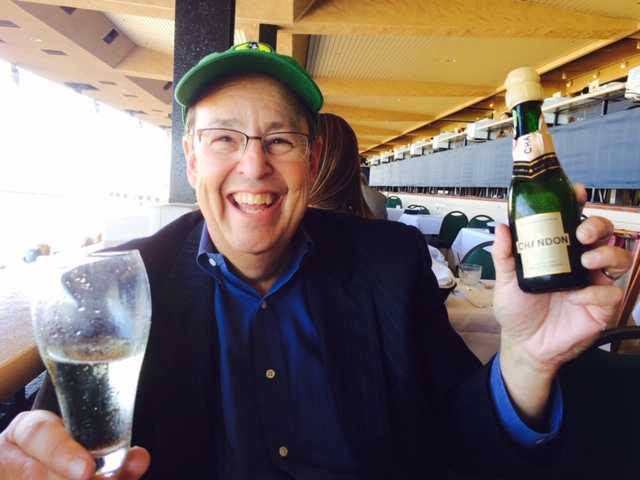This Friday, Marshall opens in theaters. It introduces us to Thurgood Marshall, 25 years before he became the country’s first African American Supreme Court justice. In many ways, this is a typical courtroom drama but set in the early 40s in a conservative New England town.
Marshall (Chadwick Boseman, Josh Gad, Kate Hudson, James Cromwell) – There are great stories and there are great movies. Once in a while you get a great movie telling a great story. In Battle of the Sexes, you had a wonderful story about equality of the sexes told in an imperfect, mediocre way.
Marshall tells the little-known story of one of Thurgood Marshall’s earliest cases as a young lawyer for the NAACP. Set in 1941, Marshall, a young, cocky lawyer (Chadwick Boseman) with a chip on his shoulder goes to tony Bridgeport, Connecticut, to defend Joseph Spell, a chauffeur (Sterling K. Brown of This Is Us) accused of rape and attempted murder of his employer (Kate Hudson). Thwarted at almost every corner by a racist prosecutor, a hard-ass judge (James Cromwell), and an intolerant community, he is forced to rely on a local Jewish attorney, Sam Friedman (Josh Gad), to defend his client.
The film, directed by Reginald Hudlin (The Great White Hype, Boomerang, House Party and mostly TV work lately), is very uneven early on as it tries to establish Marshall’s motivation and commitment as well as the setting. Friedman comes off as an uncommitted buffoon with no criminal law experience who is more than reluctant to be drafted into the case. Spell is depicted as more honest and believable than he deserves to be. It is not until the case moves to the courtroom that it hits its stride.
We see greater depth in the characters and more layers to Friedman, who is battling his own assimilation into a WASPish culture with simmering racial and religious bigotry all around him. Courtroom dramas are reliable movie fare, and Marshall plows this fertile ground in the way To Kill A Mockingbird, A Few Good Men, A Time to Kill and lots of other excellent movies have before.
The acting is really quite excellent. Chadwick Boseman has made quite a notable career playing historical figures: Jackie Robinson in 42; James Brown in Get On Up; and Floyd Little in The Express. He captures the young Marshall’s swagger and confidence. Josh Gad is a pleasant surprise as the competent, rotund, unsure Friedman. Cromwell is perfectly cast as the angry, acerbic judge. Brown is almost unrecognizable as Spell and handles the part deftly. Hudson is fine but nothing special as the socialite accuser. There were probably 20 other actresses who could have played this part but her star power helps the film.
Above all, this story left me wanting more. It feels more like the first installment on what should be a cable movie mini-series about the legendary Thurgood Marshall, his later momentous triumph as the lead attorney in the Brown vs. Board of Education case, and his ascendancy as the first African American Supreme Court Justice.
Lastly, I truly believe this movie would do better at the box office if it had been titled “Thurgood” rather than Marshall since his first name is more unique than his last. When I saw the title, it reminded me of We Are Marshall or, worse, Marshal Dillon. I am afraid that many people won’t even glance at this listing when this film hits theaters on Friday.
This is an important story, a pretty good movie, and a worthwhile effort to remind us that we still haven’t come anywhere near far enough in the fight for true equality.

